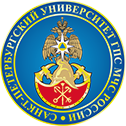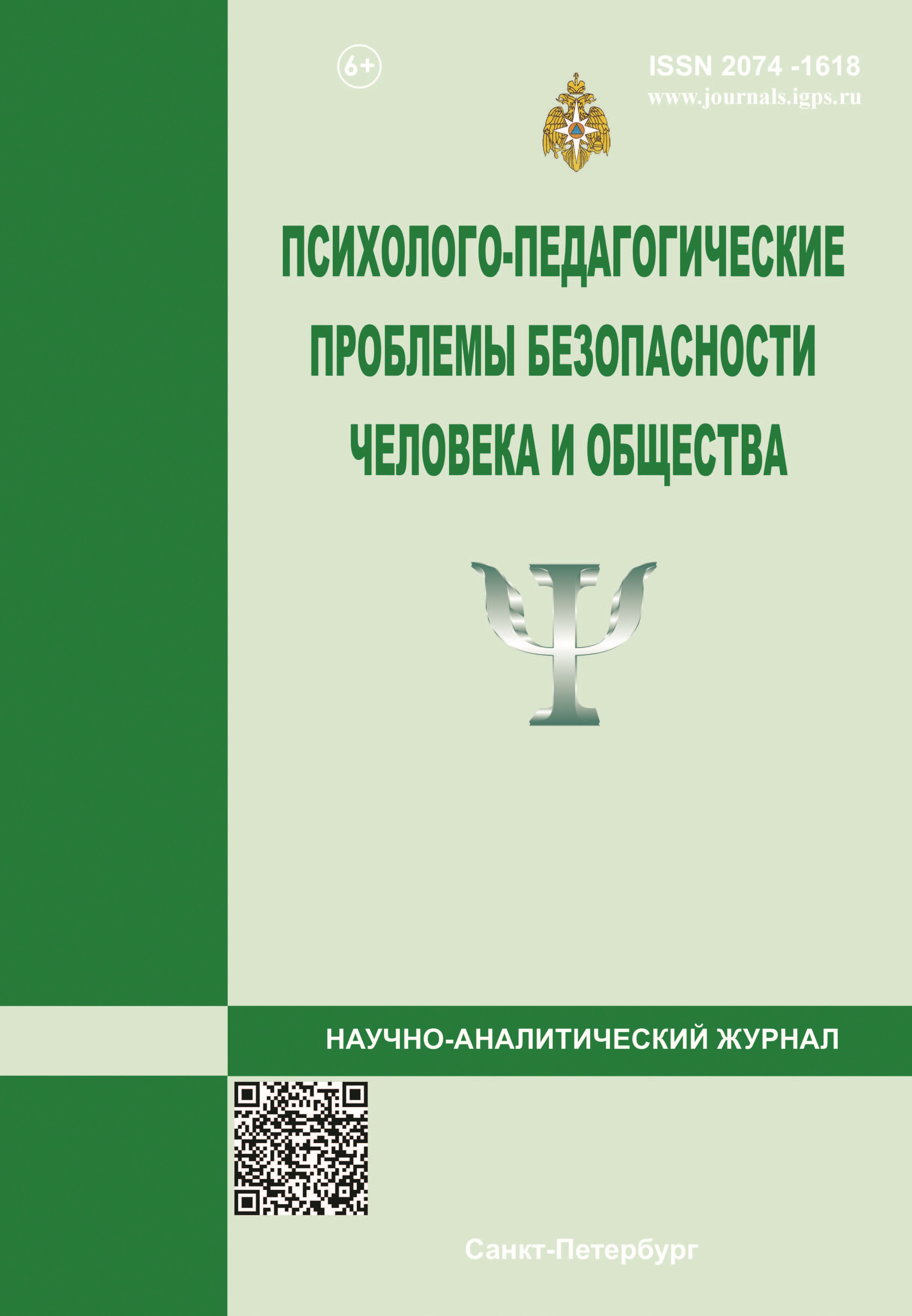Russian Federation
Russian Federation
Russian Federation
The features of the manifestation of social intelligence of adjuncts and cadets during their studies at the Saint-Petersburg university of State fire service of EMERCOM of Russia are considered. The ability to understand the behavior, actions of students, their logic and adequacy, interrelationships and interdependence of social contacts was evaluated. The main means of solving the task set for the authors was the methodology of Joy P. Guilford, designed to help assess the level of social intelligence of two categories of university students – adjuncts and cadets. The authors managed to carry out a comparative analysis of the behavior of employees, their ability to recognize different meanings of phrases, understanding the logic of the emergence and development of socio-psychological contradictions and reactions to nonverbal expression. The specific features of the ways of expressing the sense of «WE» are associated with the aggravation of the processes of group identification and reference are indicated. The practical significance of the results obtained for cadets, adjuncts studying at the Faculty of training highly qualified personnel, scientific and pedagogical staff and heads of structural divisions of EMERCOM of Russia is substantiated.
methodology, verbal communication, non-verbal communication, social intelligence, postgraduate students, cadets
1. Cherkas E.A., Stromskij S.A. Issledovanie social'nogo intellekta studentov posredstvom testa Gilforda: materialy Mezhdunar. nauch.-prakt. konf. v 2-h ch. Minsk, 2022. Ch. 2. S. 510–513.
2. Thorndike E.L. Intelligence and its use. Harper’s Magazine. 1920. P. 22.
3. Social'nyj intellekt. URL: https://psytests.org/iq/guilford.html (data obrashcheniya: 29.03.2024).
4. Machnev V.Ya., Cherdymova E.I. Social'nyj i emocional'nyj intellekt: monografiya. Samara: Izd-vo Samarskogo un-ta, 2022. S. 48–56.
5. Wechsler D. Manual for the Wechsler Adult Intelligence Scale. N.Y., 1955. 230 s.
6. Goffman E. The Presentation of Self in Everyday Life. N.Y., 1959. P. 80–85.
7. Stenberg R. Intellekt uspekha. Minsk: Popurri, 2015. S. 24–30.
8. Bandura A. Aggression: Social Learning Analysis. N.Y. 1973. P. 46–53.
9. Lobzha M.T., Mihajlov V.A., Mihajlova V.V. Metodologicheskie aspekty proektirovaniya tekhnologii formirovaniya psihofizicheskih kachestv na osnove adaptacionnogo potenciala // Psihologo-pedagogicheskie problemy bezopasnosti cheloveka i obshchestva. 2015. № 4 (29). S. 26–30.
10. Holodnaya M.A. Psihologiya intellekta: Paradoksy issledovaniya. 2-e izd., pererab. i dop. SPb.: Piter, 2002. S. 82–94.
11. Mihajlova E.S. Social'nyj intellekt: koncepcii, modeli, diagnostika. SPb., 2007. S. 113.
12. Mihajlov V.A., Mihajlova V.V. Formirovanie soznatel'nogo optimizma u vypusknikov vuzov GPS MCHS Rossii: materialy II Mezhdunar. nauch.-prakt. konf., posvyashch. Vsemir. dnyu GO. M.: Akad. GPS MCHS Rossii, 2018. Ch. II. S. 35–38.
13. Gubanova O.A. Informacionno-pedagogicheskie tekhnologii v sisteme dopolnitel'nogo professional'nogo obrazovaniya slushatelej MCHS Rossii. SPb., 2022. S. 64–80.
14. Avgustinova N.S., Prohodimova E.M., Reva Yu.V. O neobhodimosti vozvrashcheniya deyatel'nostnoj modeli kak nauchnom obosnovanii modeli podgotovki specialista v Sankt-Peterburgskom universitete GPS MCHS Rossii // Psihologo-pedagogicheskie problemy bezopasnosti cheloveka i obshchestva. 2023. № 1 (58). S. 5–11.
15. Features of modern distance learning for students / S.S. Demtsura [et al.] // J. Revista espacios. 2020. Vol. 41 (48). Art. 2. P. 17–27.







